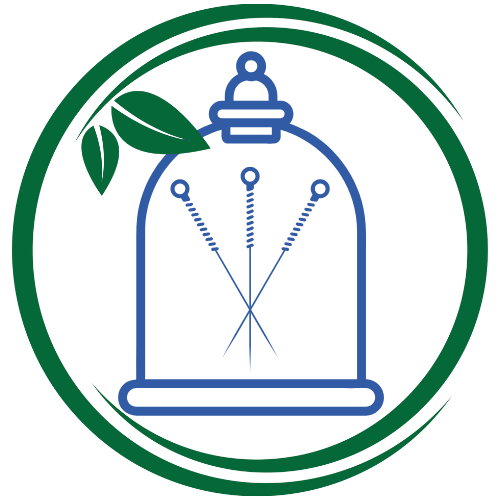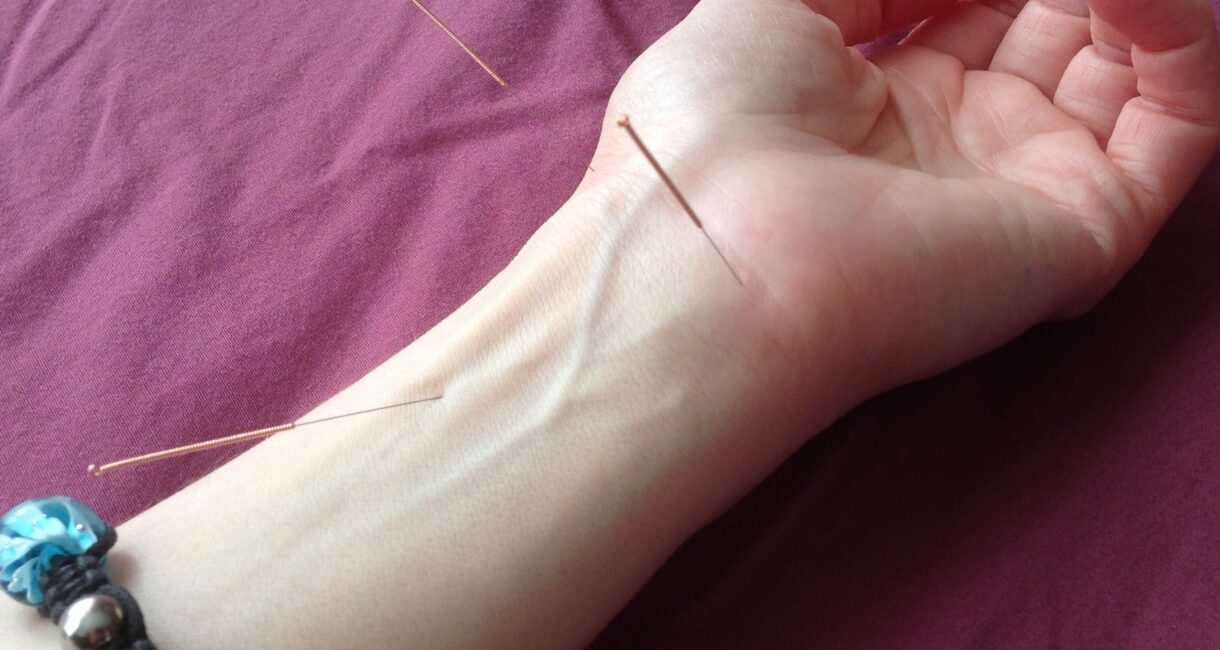What is Acupuncture?
Acupuncture is a holistic healing practice rooted in Traditional Chinese Medicine (TCM), dating back over 2,500 years. It involves the insertion of very thin, sterile needles into specific points on the body called acupoints. This process helps restore balance and promote the body’s natural healing processes.
The foundational belief of acupuncture is that health is governed by the flow of Qi (pronounced “chee”). This refers to life energy flowing through channels in the body called meridians. When this energy becomes blocked or unbalanced, it can lead to pain, illness, or dysfunction. Acupuncture helps to unblock and regulate this energy flow.
What Does Acupuncture Work For?
The World Health Organization (WHO) and the National Institutes of Health (NIH) recognize acupuncture as an effective treatment for a wide range of conditions, including:
- Chronic pain: back pain, neck pain, osteoarthritis, and migraines
- Mental health: stress, anxiety, and depression
- Women’s health: menstrual disorders, fertility support, and menopause symptoms
- Digestive issues: irritable bowel syndrome (IBS), nausea, and indigestion
- Respiratory conditions: allergies, asthma, and sinusitis
- Sleep problems: insomnia and disrupted sleep patterns
- Supportive care: as a complement to cancer treatments or post-operative recovery
Acupuncture is not a cure-all. However, many people find significant relief and improved quality of life when it is part of a comprehensive treatment plan.
How Does Acupuncture Work?
From a TCM perspective, acupuncture restores the balanced flow of Qi through meridians. Western Medicine has had trouble accepting acupuncture because these meridians can’t be see using current imaging tools. Much research has been done to try to explain how acupuncture’s effects are achieved. Research has found that the insertion of the needles causes hormones and neurotransmitters to be released in the body.
Scientific research suggests acupuncture may:
- Modulate the body’s pain response
- Reduce inflammation
- Improve circulation
- Enhance immune system activity
- Balance hormonal and neurological functions
This combination of effects can lead to both physical and emotional improvements.
What to Expect at a Treatment
If you’re new to acupuncture, here’s what typically happens during a session:
- Initial Consultation
Your acupuncturist will ask questions about your health history, lifestyle, and current symptoms. They may examine your tongue and pulse — traditional diagnostic methods in TCM. For muscle and joint related complaints they may have you do some range of motion and muscle strength tests. - Treatment Session
You’ll lie comfortably on a treatment table. The practitioner will insert very fine needles into specific points on your body. Most people feel little to no discomfort — some people notice a dull ache, tingling, or warmth at the site. - Relaxation Time
Once the needles are in, you’ll rest for 20–40 minutes in a calm environment. Many people feel deeply relaxed or even fall asleep. - Post-Treatment
After the session, you may feel refreshed, relaxed, or slightly drowsy. It’s a good idea to drink water and take it easy for the rest of the day. Results can be immediate or gradual, depending on your condition and overall health. Check out this blog post for more information on “What to Expect After Acupuncture“.
Is Acupuncture Right for You?
Acupuncture is safe for most people when performed by a licensed, trained practitioner. It’s often used alone or alongside conventional treatments. If you’re considering this powerful healing practice, talk with a qualified provider about your specific needs and concerns. We offer complimentary 15 minute consultations to ensure this treatment style is right for you and your unique concerns.
Schedule Your Appointment
Ready to explore how acupuncture and Traditional Chinese Medicine can support your health and well-being? Make an appointment for a consultation or intake appointment using our online appointment scheduling tool.
Further Reading:
Take control of your health and add acupuncture to your wellness care. Discover more benefits of this healing practice with this blog post: “5 Benefits of Regular Acupuncture“.
Nervous about getting needles? Bring a friend and get well together. This blog post discusses the benefits of “Community Acupuncture“.



